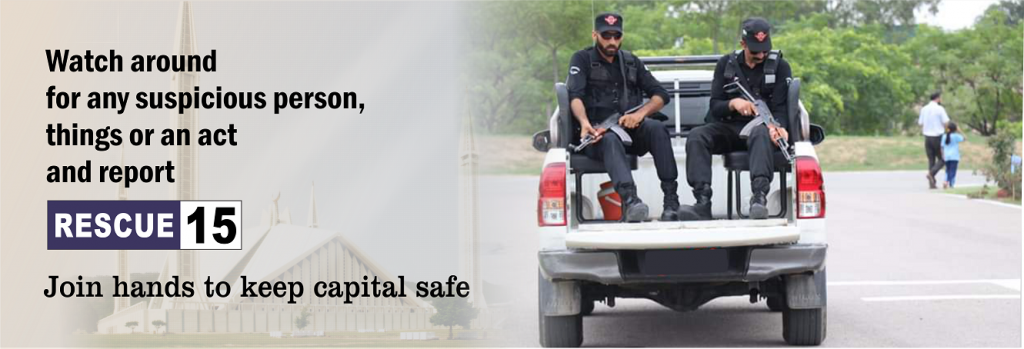Police Reforms vs Policing Reforms
Police reforms are inward-looking and focus on the organizational aspects of police. For example, an axiomatic question is the constitutionality of police organizations, i.e. whether they operate under the federal or the provincial legal power. Needless to state that the constitutionality debate in Pakistan is much bipolar in its purport, and more often than not, it is assumed to be division of functions between the federation and the provinces, which is partially true as concurrent arrangement is very much supported by the black letter of the constitution. Due to the legal power to use force and affect coercion, all stakeholders try to control police. The device used for this purpose is apparently benign and is seldom fully examined. This device is the power to appoint and remove police officers. This power shapes the governance of a police organization and may ultimately result in regulatory capture of that. In addition, based on the functions of a police organization, its functional classification very much becomes a subject of police reforms.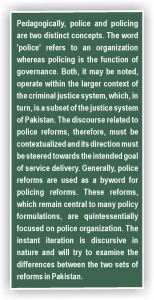
A survey of the literature on police reforms in Pakistan since 1947 underlines the fact that, predominantly, ‘organization’ of police has been its centrepiece. The approach was not appropriate as the police leadership wanted to break free from the shackles of colonial rule book that had arrested the organizational potential and had put it into a tight corner.
However, this all started to change as the police reforms culminated into a package that was introduced through the Police Order, 2002. The 2002 version of the police reforms package provided the much-needed ‘thinking space’ for policy choices vis-à-vis governance of law and order in Pakistan. Before the introduction of the concept of an independent, apolitical, autonomous and professional police organization in 2002, the governance of law and order was premised on executive using judicial powers through the office of the District Magistrate. Anyhow, afterwards, the Police Order, 2002, was partially implemented. The Order provided for protection of police officers’ tenure. This protection was fortified by removal processes that were institutional insofar as these were based on the principle of collective decision-making that were to be carried out by the public safety commissions comprising elected representatives. The reforms were intended to strengthen the police organizations by squaring authority with responsibility, and in doing so, designing a system wherein the police chiefs were to exercise powers of provincial secretaries to oversee financial and disciplinary independence; the design was regrettably not allowed to work and the primacy of law was upended by delegated legislative machinations. Police reforms agenda got a constitutional challenge after the Eighteenth Constitutional Amendment that tried to redefine not only the governance of law and order, but also the constitutionality of criminal law, in general.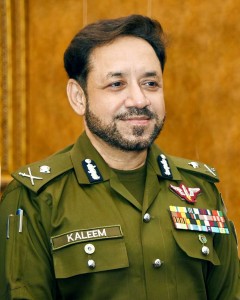
In contradistinction to police reforms, the policing reforms, as stated above, relate to policing function that is essentially outward and deals with service delivery aspects of policing. Policing reforms have got little attention from policymakers in Pakistan. A case in point is the law relating to registration of criminal cases. Not much has been done to study and reform it. Likewise, the protocols for investigation have not been fully developed. The compliance to human rights standards in police working has been left as a voluntary affair by not introducing consequences for non-compliance. The Code of Criminal Procedure that deals with policing powers was drafted in 1898. While India redrafted its criminal procedure code that deals with policing powers in 1974, Pakistan has yet to amend it in a holistic manner. Policing reforms affect the working of all investigation agencies including the National Accountability Bureau (NAB), the Federal Investigation Agency (FIA), the Anti-Narcotics Force (ANF), the provincial food and drug authorities and the magistrates dealing with hoarding, price control, encroachments and other entities authorized under the local and special laws. Policing reforms need serious attention as they would shape the way policing services are delivered. 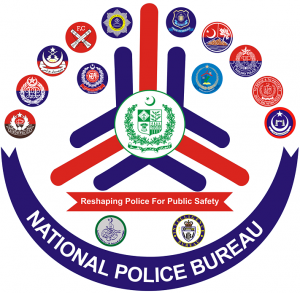 The laws relating to use of force, bail, remand, surety bonds, witness protection, safeguards against powers to arrest, search, seize, impound, block identity cards and recovery-related provisions, where coercive powers of the state are to be used, form its central theme. The very ethos of institution building of the law-enforcement organizations’ working and trust in the criminal justice system depend on policing reforms. Many a legislative instrument opted to refer to policing powers by way of allusion to the colonial-era Code of Criminal Procedure without evaluating its operability with modern substantive law concepts.
The laws relating to use of force, bail, remand, surety bonds, witness protection, safeguards against powers to arrest, search, seize, impound, block identity cards and recovery-related provisions, where coercive powers of the state are to be used, form its central theme. The very ethos of institution building of the law-enforcement organizations’ working and trust in the criminal justice system depend on policing reforms. Many a legislative instrument opted to refer to policing powers by way of allusion to the colonial-era Code of Criminal Procedure without evaluating its operability with modern substantive law concepts. 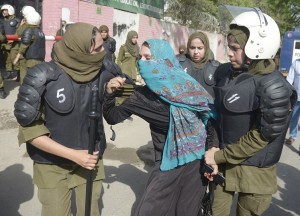
At the end, it may be stated that while police reforms deal with the proverbial ‘nizam-deen’ (manager), policing reforms deal with the very system, i.e. ‘nizam’. The very thinking towards the reform discourse needs to be redefined. In addition, the role of federation in criminal matters must be examined as the present propensity and practice is that the criminal law is being provincialized resulting in territorial law-enforcement with the control in the hands of the provinces. Statecraft for internal security has to be developed in a manner that the constitutional scheme is adhered to in letter and spirit.
The author is an
independent researcher and has done his BCL from the University of Oxford. Email: kamranadilpsp@gmail.com
 Jahangir's World Times First Comprehensive Magazine for students/teachers of competitive exams and general readers as well.
Jahangir's World Times First Comprehensive Magazine for students/teachers of competitive exams and general readers as well.
